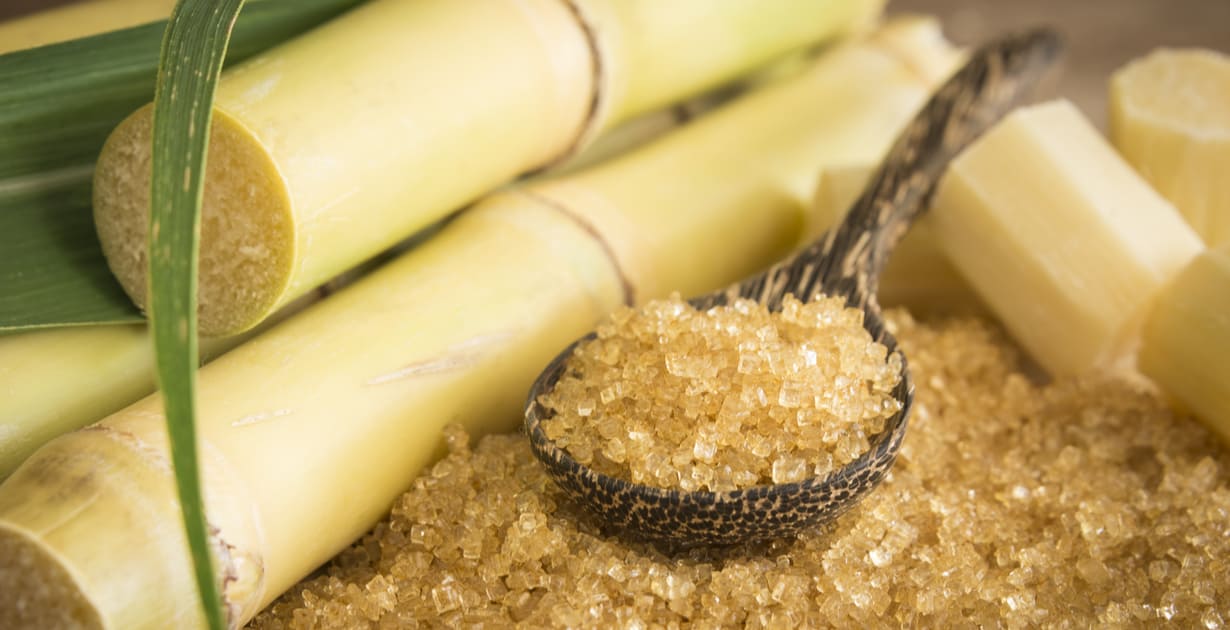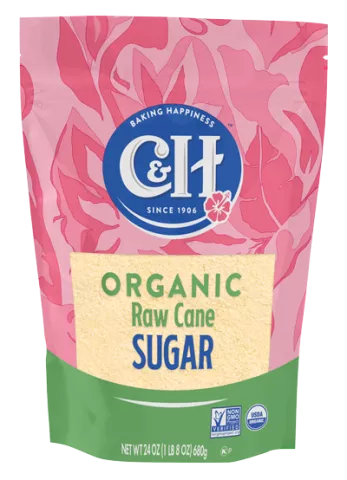Advanced Cane Sugar Processing: Enhancing Efficiency and Sustainability
Advanced Cane Sugar Processing: Enhancing Efficiency and Sustainability
Blog Article
A Comprehensive Overview of the Wellness and Economic Implications of Walking Stick Sugar Handling on Local Neighborhoods
Walking cane sugar handling plays an essential function in shaping the financial landscape of neighborhood neighborhoods, providing employment opportunities and stimulating secondary sectors. The health and wellness ramifications connected with high sugar usage can not be ignored, as they add to increasing prices of weight problems and diabetes mellitus.
Financial Advantages of Cane Sugar Handling
Walking stick sugar processing supplies significant economic advantages that expand beyond the immediate agricultural industry. The cultivation and processing of sugarcane produce many work chances, from farming to manufacturing and circulation. This employment generation not just supports neighborhood economic climates but additionally promotes community growth by giving stable revenue sources for family members.
Additionally, the sugar sector promotes secondary companies, consisting of transportation, tools supply, and packaging solutions (Cane Sugar Processing). As these sectors expand, they add to a much more robust financial framework, boosting general community durability. The export capacity of processed walking cane sugar additionally intensifies economic benefits, positioning areas as affordable gamers in global markets
Financial investment in modern-day handling facilities can lead to enhanced efficiency and performance, consequently decreasing waste and maximizing source usage. This shift not only profits the neighborhood economy however additionally sustains sustainability initiatives by reducing ecological influences.
Furthermore, the profits generated from cane sugar processing can be reinvested in neighborhood infrastructure, education, and health care, advertising alternative neighborhood development. On the whole, the economic advantages of cane sugar processing are complex, supplying a foundation for withstanding success in farming areas.
Health Risks Related To Sugar Usage
Too much sugar usage presents significant health threats that call for major focus. High intake of included sugars, specifically from refined foods and beverages, has actually been linked to many health and wellness complications. One of the most pressing worries is weight problems, as sweet diets add to an enhanced caloric consumption without offering vital nutrients. This extra can lead to metabolic problems, consisting of type 2 diabetes mellitus, which has become significantly common in both adults and youngsters - Cane Sugar Processing.
In addition, high sugar usage is connected with heart disease. Raised blood glucose levels can bring about insulin resistance, a forerunner to various heart-related concerns. Additionally, sugar can have detrimental results on oral health and wellness, resulting in tooth cavities and gum illness, as microorganisms in the mouth flourish on sugar, generating acids that erode tooth enamel.
Moreover, arising research recommends a possible link in between high sugar intake and mental health and wellness problems, such as anxiety and anxiousness. As communities face these health and wellness dangers, it comes to be important to advertise recognition and encourage healthier nutritional selections. Dealing with sugar usage is critical not only for individual health and wellness however additionally for the total well-being of regional neighborhoods, highlighting the demand for thorough public health strategies.
Environmental Effects of Sugar Production
Often neglected in discussions regarding sugar's ramifications is the considerable ecological effect of sugar manufacturing. The growing of sugarcane usually demands considerable land usage, bring about deforestation, loss of biodiversity, and disruption of local environments. The conversion of woodlands and wetlands into sugar plantations can result in habitat devastation, harmful countless species and changing ecological balance.
In addition, sugar production is resource-intensive, consuming significant amounts of water for irrigation. This can lead to depletion of neighborhood water resources, negatively affecting both farming techniques and neighborhood access to tidy water. In addition, using chemical fertilizers and chemicals in sugarcane farming can add to soil destruction and water pollution, as drainage from these chemicals goes into nearby rivers and lakes, influencing water life and human health.
The ecological impact reaches the handling phase, where power usage and waste generation more worsen ecological problems. Air contamination from burning sugarcane areas, together with greenhouse gas exhausts, contribute to environment modification. As such, the environmental implications of sugar manufacturing warrant serious factor to consider, advising stakeholders to adopt more lasting practices to minimize these unfavorable impacts on local ecological communities and communities.
Job Creation and Area Advancement
The environmental obstacles posed by sugar manufacturing are typically counteracted by its potential for economic advantages, particularly in job development and area development. The walking stick sugar market acts as a substantial resource of employment in numerous country locations, providing jobs across different ability degrees, from farming labor to handling and circulation duties. This employment not only supports private family members but also adds to the general financial vigor of neighborhood communities.
Furthermore, the establishment of sugar processing facilities promotes supplementary services, such as transport solutions, tools supply, and upkeep suppliers. As these organizations thrive, they create additional jobs and bolster local economic climates. The profits produced from the sugar market likewise causes raised tax obligation revenues, which can be reinvested into social work such as framework, health care, and education and learning advancement.
Moreover, the sugar market usually participates in article community development campaigns, such as sustaining regional schools and health and wellness programs, thus improving the top quality of life for residents. By cultivating solid neighborhood ties and promoting economic growth, the cane sugar processing industry plays an important duty in uplifting local populaces, making it an essential part of sustainable growth strategies in sugar-producing regions.
Harmonizing Health and Economic Growth
In browsing the intricacies of walking stick sugar processing, an important challenge hinges on stabilizing health factors to consider with financial growth. The sugar market dramatically adds to regional economic situations by generating tasks, boosting related industries, and boosting tax obligation revenues. Nonetheless, the health effects linked with excessive sugar consumption can result in persistent conditions such as excessive weight, diabetic issues, and cardiovascular problems, which can see this problem public wellness systems and diminish labor force productivity.

In addition, regulatory structures can play a critical duty in assisting sector practices towards more health-conscious and lasting approaches. By fostering partnership in between federal government bodies, wellness companies, and the sugar sector, communities can navigate the dichotomy of health and wellness and economic growth, guaranteeing that the benefits of walking stick sugar handling are equitably shared while focusing on public health and wellness.
Verdict
Finally, the handling of walking cane sugar offers both substantial financial benefits and significant health and wellness dangers for regional neighborhoods. While it promotes task development and promotes regional advancement, the involved health concerns, particularly regarding excessive weight and diabetes mellitus, demand a cautious balancing act. By promoting liable usage and investing in neighborhood education and lasting techniques, it is feasible to make the most of financial advantages while lessening adverse health results, therefore making sure a healthier future for neighborhood populaces.
Additionally, sugar can have detrimental results on oral health, resulting in dental caries and periodontal disease, as microorganisms in the mouth prosper on sugar, producing acids that deteriorate tooth enamel.
Attending to sugar consumption is crucial not just for individual wellness navigate to these guys however additionally for the general well-being of neighborhood neighborhoods, emphasizing the demand for extensive public wellness methods.
Frequently ignored in conversations about sugar's ramifications is the considerable environmental effect of sugar manufacturing. The health and wellness effects associated with too much sugar consumption can lead to chronic conditions such as weight problems, diabetes mellitus, and cardiovascular problems, which can burden public health and wellness systems and lessen workforce efficiency.

Report this page